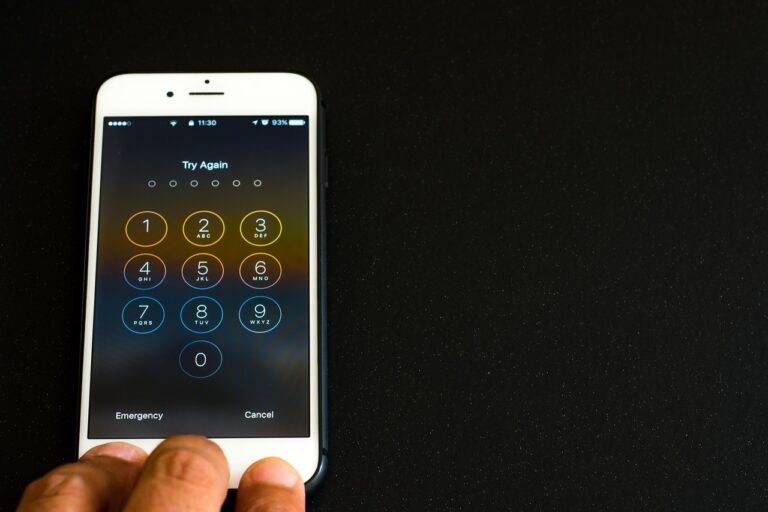The Future of Blockchain in Identity Verification for Refugees
Refugees often encounter significant hurdles when attempting to prove their identity in a new country. Without adequate documentation, they may struggle to access essential services such as healthcare, education, and employment. This lack of identification can also lead to a sense of invisibility within society, making it difficult for refugees to establish themselves and integrate into their new communities.
Moreover, the process of verifying their identity can be time-consuming and complicated for refugees. Different countries may have varying requirements and standards for identification, further complicating the already challenging situation. Additionally, factors such as language barriers, lack of resources, and limited access to technology can all contribute to the difficulty refugees face in proving their identity, adding another layer of complexity to an already arduous process.
Benefits of using blockchain technology for identity verification
Blockchain technology offers a secure and decentralized method for storing and verifying identities. By utilizing cryptographic techniques, individuals can have greater control over their personal information. This ensures that only authorized parties have access to specific details, enhancing privacy and reducing the risk of identity theft.
Furthermore, the immutability of blockchain records adds a layer of trust to the verification process. Once identity information is stored on the blockchain, it cannot be altered or tampered with, increasing the reliability of the data. This feature is particularly beneficial for refugees, as it provides a verifiable and tamper-proof record of their identity, helping to overcome the challenges they often face in proving who they are in new environments.
How can blockchain technology help refugees in proving their identity?
Blockchain technology can provide a secure and immutable record of a refugee’s identity, making it easier for them to prove their identity when accessing services or assistance.
Can blockchain technology help prevent identity fraud?
Yes, blockchain technology can help prevent identity fraud by reducing the risk of fake identities or stolen identities being used for fraudulent purposes.
Is blockchain technology accessible to refugees?
Yes, blockchain technology can be accessible to refugees through various platforms and applications that are designed to help individuals create and manage their digital identities.
How does blockchain technology ensure the privacy and security of personal information?
Blockchain technology uses encryption and decentralized storage to ensure the privacy and security of personal information, reducing the risk of data breaches or unauthorized access.
Are there any risks associated with using blockchain technology for identity verification?
While blockchain technology offers many benefits for identity verification, there are risks such as potential hacking or vulnerabilities in the system that could compromise personal information. It is important to use reputable platforms and follow best practices for security.





